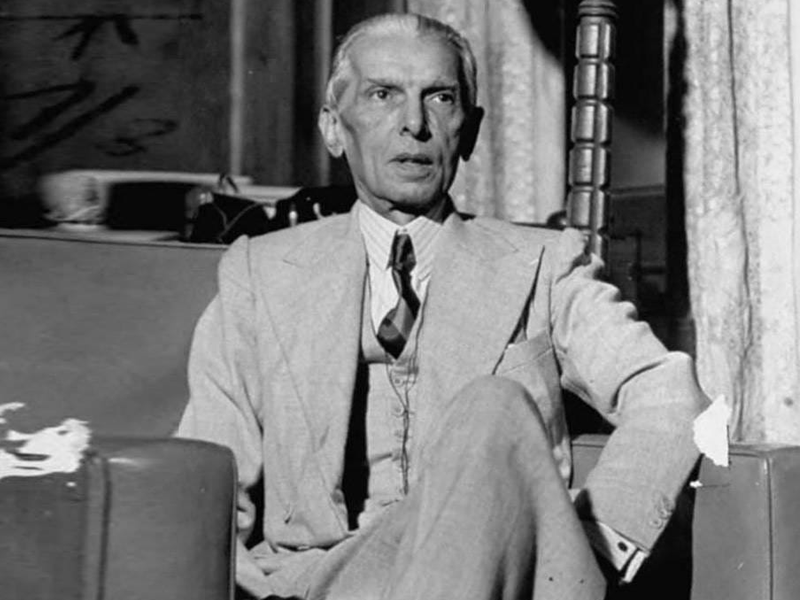Muhammad Ali Jinnah: Quaid-e-Azam’s enduring legacy

- 224
- 0
In the annals of history, few figures stand as tall as Muhammad Ali Jinnah, fondly remembered as Quaid-e-Azam, the great leader.
His legacy as the founding father of Pakistan remains an indelible mark in the narrative of the subcontinent's struggle for independence and the birth of a nation.
Early Life and Ambitious Vision
Born on December 25, 1876, in Karachi, Jinnah emerged as a visionary leader with an ambitious vision for his people and their land. His upbringing in a privileged household didn't insulate him from the struggles of his fellow countrymen. Instead, it instilled in him a fervent desire for justice, equality, and freedom from colonial rule.
A Beacon of Leadership
Jinnah's foray into law led him to a path of activism and advocacy. His sharp intellect, eloquence, and unwavering determination made him a formidable force in the political arena. He swiftly rose to prominence, becoming a key figure in the All-India Muslim League, tirelessly advocating for the rights and autonomy of Muslims in a predominantly Hindu India.
The Ideals of Pakistan
Quaid-e-Azam's unwavering commitment to the creation of a separate Muslim state became the cornerstone of his political journey. He articulated the Two-Nation Theory, asserting that Muslims and Hindus were distinct nations, necessitating separate homelands for their prosperity and freedom to practice their beliefs without fear of discrimination.
The Momentous Journey to Independence
Jinnah's pivotal role in negotiations with the British and his leadership during the tumultuous times leading to Partition earned him the admiration and respect of millions. His strategic diplomacy and unwavering resolve culminated in the creation of Pakistan on August 14, 1947, an achievement that fulfilled the long-cherished dream of a separate homeland for Muslims in the subcontinent.
Quaid-e-Azam: A Visionary Statesman
Beyond the creation of Pakistan, Jinnah envisioned a nation based on principles of democracy, equality, and social justice. He emphasized religious tolerance and sought to build a society where citizens enjoyed equal rights, regardless of their creed, caste, or gender.
Legacy and Enduring Influence
Quaid-e-Azam's legacy extends far beyond the pages of history books. His ideals of unity, faith, and discipline continue to guide Pakistan's ethos, serving as a compass for progress and prosperity. His speeches, principles, and unwavering determination remain a source of inspiration for generations, reminding the world of the power of leadership, determination, and the pursuit of justice.
In Conclusion
Muhammad Ali Jinnah, Quaid-e-Azam, remains a towering figure, not just in Pakistan's history but in the global narrative of leadership and nation-building. His unwavering commitment to freedom, democracy, and the well-being of his people cements his place as a revered leader whose impact continues to shape the destiny of a nation and resonate around the world.
Published in The Daily National Courier, December, 25 2023
Like Business on Facebook, follow @DailyNCourier on Twitter to stay informed and join in the conversation.

















































